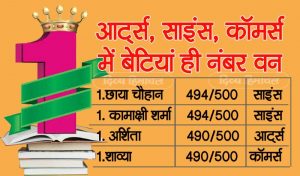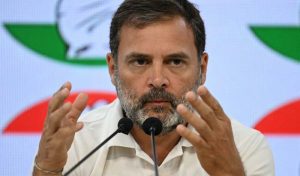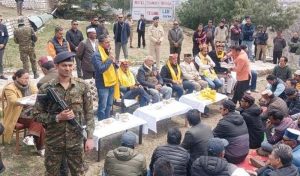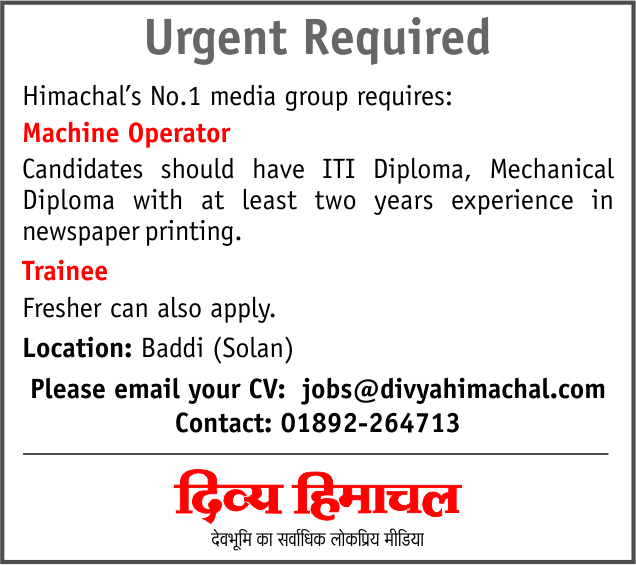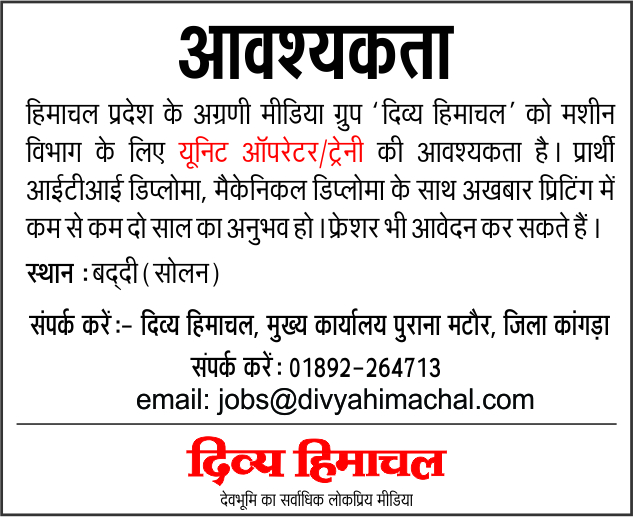Why Technical Education Is Going Down In India?

Former Chairman International Airports Authority of India
The scenario of decline in engineering and management colleges isbecoming more and more depressing as even the low growth is furtherhitting the market. At present, 527 colleges have been closed and 800are facing the closure. A number of universities have low admissions andfew takers of courses offered by them as 4,633 courses are being closed.The decline in education is not due to lack of jobs or lack of enoughopportunities to get enrolled in an approved institute. It isdue to failure of successive governments to ensure a free environmentwhere monitoring of the quality is the only concern of the stateand not nitty-gritty of running institutes. The current panorama ofchallenges ahead can be seen from the magnitude of the problem. At present there are 6,214 engineering and 5,500 management institutesin India which are engaged in training future engineers andmanagers. These colleges are facing numerous problems, foremost beingthe lack of qualified and quality faculty. IIM and IITs have 40% shortageof teachers. Other colleges have a lot more gap but they aremanaging with teachers who may not be fully qualified to teach but cansomehow carry on the classes. This is to meet the number prescribed toqualify for the affiliation with the AICTE.
* We have to reorient our education to make students capable ofperforming the tasks of future corporate needs. Students and parentsmust ensure that learning is process of finding something ourselvesand sometime by flash of studies triggered by the teachers who inspire and stimulate creativity.
The role of monitoring body is too restrictive with rules being applied in without relevance to the quality enhancement. Land requirement has unnecessarily burdened the states with too much wastage of land or lying unused in many cases. Similarly other mundane requirement like number of computers or classes or developing huge libraries is insisted upon. When there are neighbouring colleges, these can use common facilities like libraries or computer laboratories but the rules need each to have its own. This ismaking the cost of education very expensive and both the colleges andstudents find it prohibitive. No wonder a large number are underclosure.
In my view most crucial factors of good education are three: Faculty,curriculum and pedagogy. First and foremost are the qualityeducationalists. The college must be in the hands of people who areassociated with teaching and learning rather than businessmen ortraders turning the institutions into commercial enterprises. Teachingmust remain a noble profession even if it is in private sector or withthe non-profit bodies. Faculty must be supreme in deciding the mode ofbest delivery of the educational programs. Most of the private sectorinstitutions relegate teachers and faculty to secondary position.
When I started Fore School of Management in Delhi, I declared that I will not seek any recognition from the government and my quality ofeducation should be the best proof of my college. It soon became a topcollege and AICTE itself offered to recognize it, making me ViceChairman of the Council’s Board of Studies. The college offered innovativecourses and best teachers to deliver programs. Second most important factor of success is what is taught –thecontents of educational programme. These must be chosen the best andlatest from the world practices. I introduced in my programmecross-cultural management that was not in most of the colleges at thattime. Students who are going to the world of work must know how othercultures and countries work or behave. Global trade has made itinevitable. No one was teaching eastern management and I introducedIndian/Chinese systems as propounded in Arithshastra of Chanakya and in art of war of Sun Tzu, great General of China. These were not taught anywhere in India and made my programme a unique one. Students too wrote and debated their systems and gained insights of past and its relevance to present. Even for computer application masters, we taught soft skills and history.
Another critical aspect of technical education is pedagogy. There arehundred and one ways to teach and are being used but most important isexperience and insights gained by self learning. We invented systemlike guided self learning when students on their own initiative wentto industry and presented reports after studies. It taught them teamwork, initiative, leadership communication and creativity. Studentsmust be ready to face world of work that needs a lot of frustrationtolerance and creative alternative searching. Somehow I foundstudents are not being guided into such new and innovative ways tolearn by their own efforts and get guidance of those who havedelivered results. The best teachers are not those who have onlydegrees but those who have experience of producing results andachievers in their field. We have to reorient our education to make students capable ofperforming the tasks of future corporate needs. Students and parentsmust ensure that learning is process of finding something ourselvesand sometime by flash of studies triggered by the teachers who inspire and stimulate creativity.
Keep watching our YouTube Channel ‘Divya Himachal TV’. Also, Download our Android App






